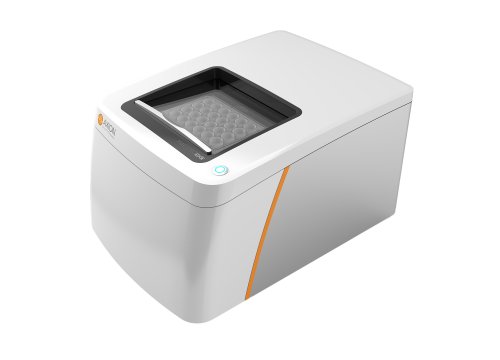Hamed Salmanzadeh, Ankita Poojari, Atefeh Rabiee, Benjamin D. Zeitlin and Robert F. Halliwell
Frontiers in Neuroscience, 15 June 2023
Scientists use Axion’s Maestro MEA to monitor stem-cell derived neuroglial cultures for one year and assess their response to antiseizure agents.
Stem-cell derived neurons are transforming in vitro drug discovery, but experiments conducted over short time periods of days or weeks may not accurately reflect the behavior of mature neurons. In this study, researchers derive neurons and glial cells from the human pluripotent stem cell line TERA2.cl.SP12 and use the Maestro multielectrode array (MEA) and other methods to investigate their differentiation and functional maturation over one year. The team also explored the impact of various antiepileptic agents on the human stem cell-derived neuronal models. Overall, the authors demonstrate that the “human stem cells differentiate in vitro into mature neurons and glia cells and form inhibitory and excitatory synapses and integrated neural circuits over 6-8 months, paralleling early human neurogenesis in vivo,” and that the findings “strongly support the value of long-term human stem cell-derived neuroglial cultures in disease modeling and neuropsychiatric drug discovery.”


